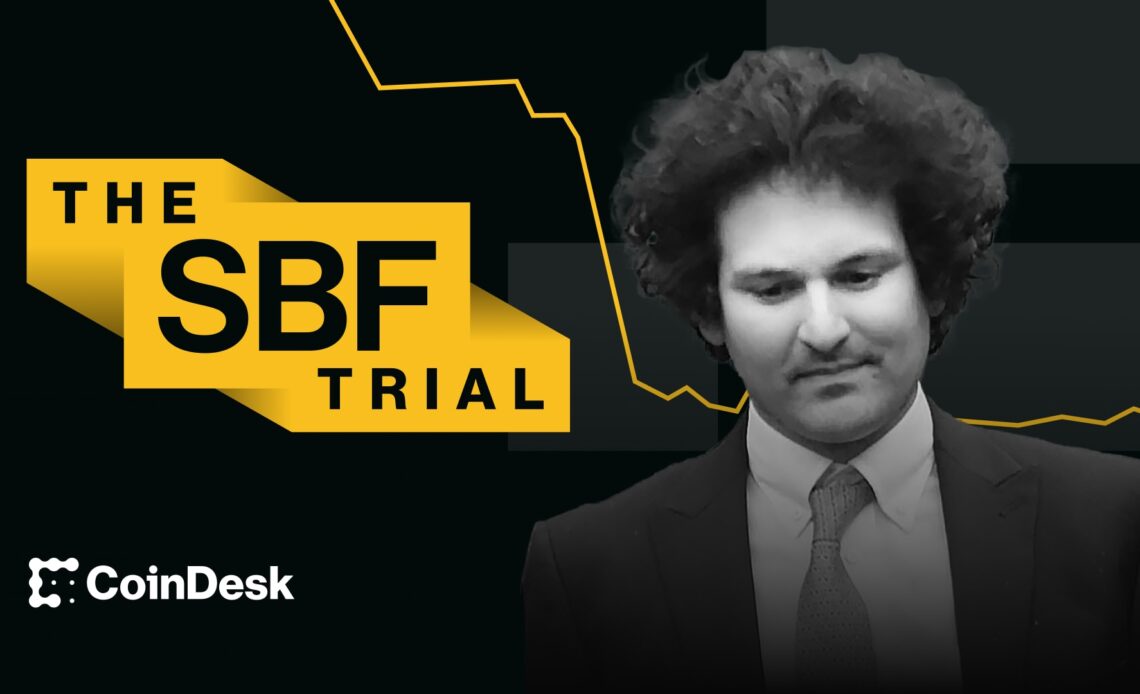Phase one of the trial was exciting. Former FTX exchange insiders told a jury that Sam Bankman-Fried had directed them to let his hedge fund Alameda “borrow” billions of dollars from exchange customers in a secret arrangement facilitated through internal backdoors and hidden behind falsified documents.
We seem to be moving into phase two now, with witnesses who played secondary roles in this massive alleged fraud. Friday’s testimony from BlockFi CEO Zac Prince was important but dare I say almost boring. He and other upcoming witnesses are not likely privy to salacious details like “Sam told me to commit crimes.” There are two exceptions, which I’ll get to below, but our next few witnesses are customers, an FBI agent and an Alameda employee who may or may have also been an FTX US human resources employee(?).
So let’s talk about the defense again instead. We’re still waiting for the defense’s strategy to become clear. We’ve gotten hints, as Axios’ Crystal Kim points out. A filing last week suggests the defense wants to get back to the argument that Bankman-Fried did not technically commit wire fraud because FTX’s terms of service were worded in such a way that there’s no case to argue funds were misappropriated.
You’re reading The SBF Trial, a CoinDesk newsletter bringing you daily insights from inside the courtroom where Sam Bankman-Fried will try to stay out of prison. Want to receive it directly? Sign up here.
We’ve heard this argument a few times already from the defense team, so I dug into what the terms of service actually said.
First off: Judge Lewis Kaplan, who’s overseeing the case, has already rejected one proposed defense witness, English barrister (basically British for “lawyer”) Lawrence Akka, from offering testimony because the defense wanted this individual to explain the English laws governing FTX’s terms to the jury, and explaining the law to the jury is the judge’s job.
In its new filing, the defense team continues to argue that FTX’s relationship with its customers “was governed by [its] terms of service,” and so “the question of whether Alameda’s use of customer fiat deposits was permissible within the scope of that relationship – and, thus, whether a theft of property occurred – is governed by foreign law,” at least…
Click Here to Read the Full Original Article at Cryptocurrencies Feed…
























